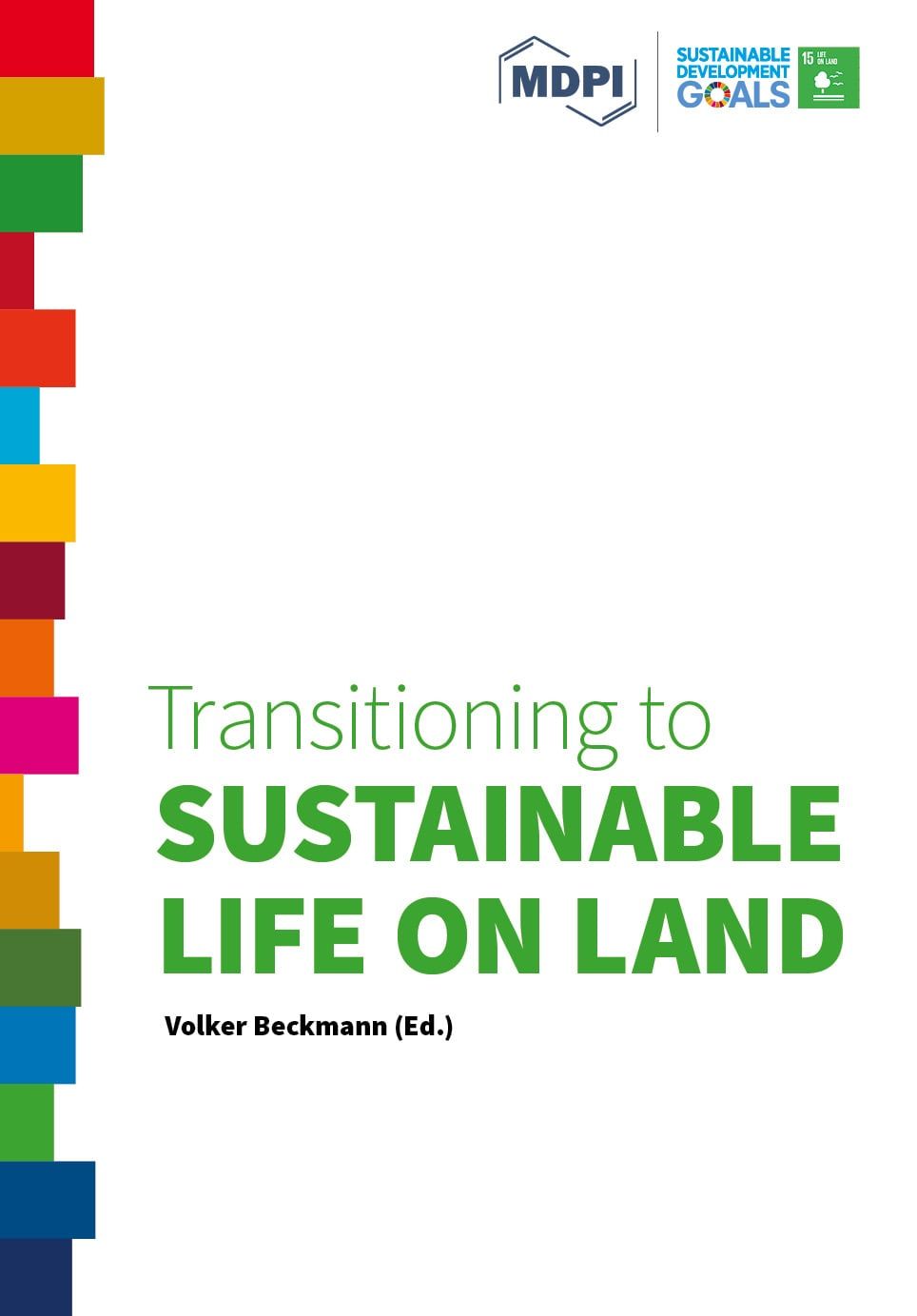Can Justice Respect Needs and Nature? The Idea of a Nature-Respecting Sufficiency
In light of current unsustainability trends, achieving major sustainability goals, such as the protection of life on land and below water (SDG 14 and 15), requires transformative change. This paper focuses on transformative change of values and, for this, on the idea of a nature-respecting sufficiency. Sustainability discussions are motivated by two important sufficiency considerations: a focus on basic needs and on reaching and securing a social minimum for all; and a social maximum via a focus on limits to production and consumption. This intuitive appeal derives from the idea of minimum threshold as a central requirement of justice along with the idea of justice demanding respect for environmental limits. This paper proposes a nature-respecting, capabilitarian conception of sufficiency. Its starting point is the dignity of all living beings and their central capabilities. Rather than being indifferent about distribution in the space above a sufficiency threshold, this conception requires resource use above the threshold to be justified. For both the agency and patiency aspects of moral subjects, the positional and quasi-positional nature of central capabilities plays an important role, orienting intrinsic and instrumental reasons towards equal distribution. Implications of nature-respecting sufficiency are discussed in relation to (sustainable) economy and the technological and social innovations highlighted by the 2019 Global Biodiversity Assessment.
